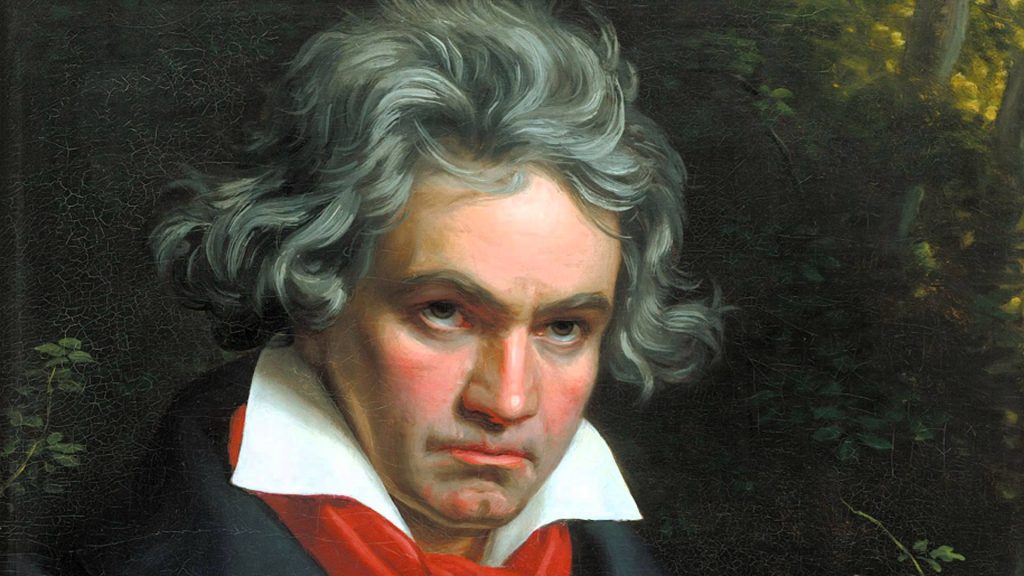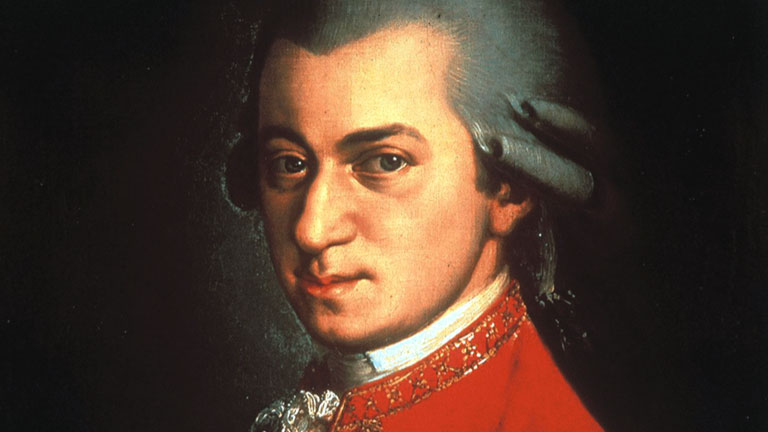
PHOTO: biography.com
Wolfgang Amadeus Mozart was born in 1756. He was considered one of the greatest composers of the classical period, and was admired by contemporaries such as Hayden and Beethoven.
How much do you know about the world’s most famous composer? These facts might surprise you.
1. He Began Writing Compositions When He was Just Six Years Old
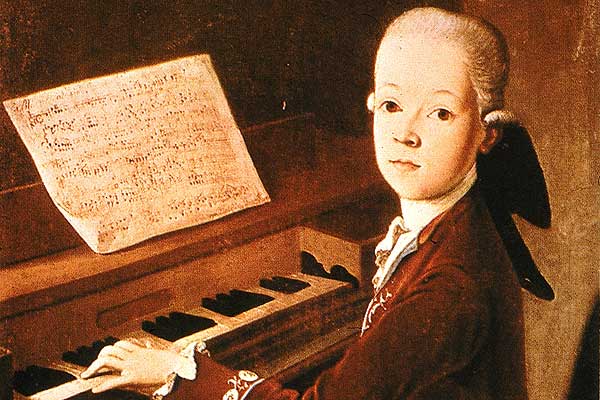
PHOTO: elpiano.es
We all know that Mozart showed an incredible aptitude for music from an extremely young age. At the age of three, he could pick out chords on the harpsichord by ear. He could play short pieces by the age of four, and he wrote his first piece at the age of six. By the age of twelve, he’d composed his first mass: Misa Brevis in G, and when he was fourteen, he wrote his first opera: Mitridate Re di Ponto.
2. Mozart Was Religious…
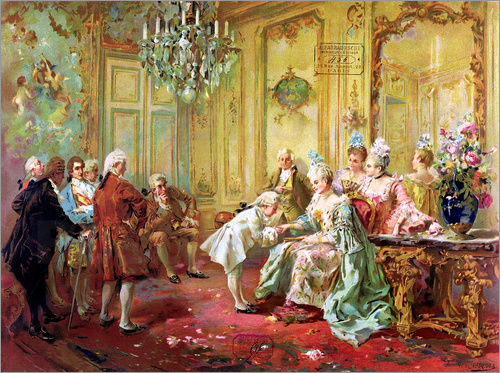
PHOTO: Posterlounge
Mozart was a baptized Catholic and much of his work was written for the church. His full name was Johannes Chrysostomus Wolfgangus Theophilus Mozart. “Johannes Chrysostomus” was chosen because Mozart’s birthday fell on the feast day of a namesake saint. “Theophilus” comes from the Greek for “loved by god”. Theophilus is often translated as the German equivalent: Amadeus.
3. …But He Also Had a Dirty Sense of Humor
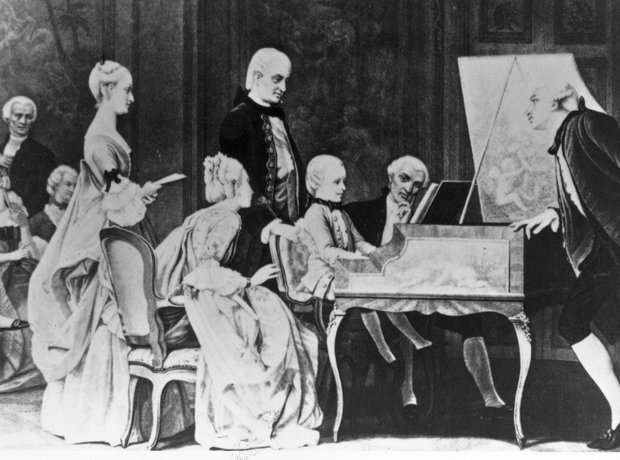
PHOTO: Classic FM
Mozart’s favorite jokes were toliet jokes. He wrote extensive letters to his sister and parents riddled with dirty puns and bathroom humor. When he was twenty-six, he wrote a party piece for his friends entitled “Leck mich im Arsch”, which translates to “lick me in the arse”. It was arranged to be sung by six voices in a three-part round, and was one of his favorite pieces to play.
4. Mozart Was Afraid of the Trumpet As a Child
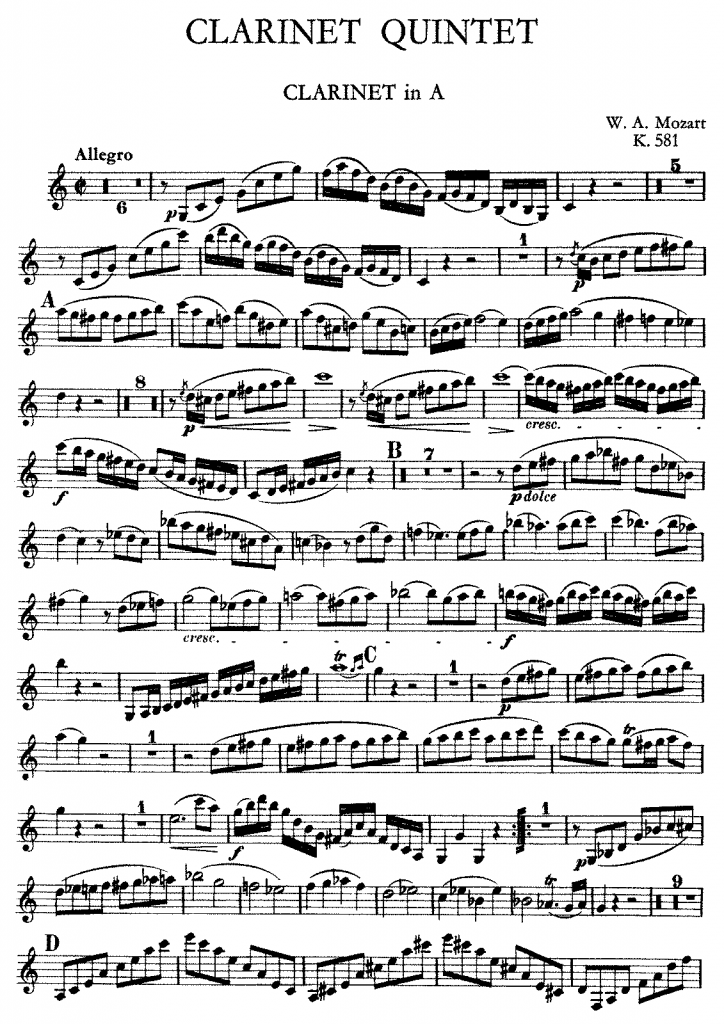
PHOTO: imslp.com
According to Encyclopedia Britannica, the young Amadeus was afraid of the trumpet. He hated the sound of it and found it far too loud. However, he loved the clarinet and it would soon become his favorite instrument. His first composed concerto was written for the clarinet.
5. Mozart Composed in Every Single Major Musical Genre
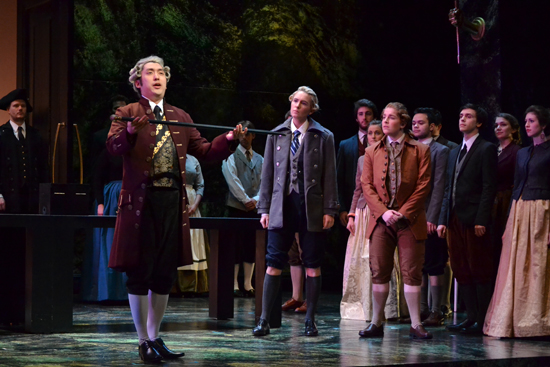
PHOTO: Boston University
Mozart didn’t have a specialty in any genre of music. His specialty was music. He wrote a piece in every single major musical genre of his day and excelled at every one, including sonatas, concertos, symphonies, operas, choral music, and chamber music. Music experts and historians credit Mozart with creating technical advancements in these genres and with popularizing the piano concerto.
6. Mozart Taught Beethoven
In April of 1787, just a few years after the American War for Independence, Beethoven knocked on the Mozart’s door in Vienna, Austria, asking for just two weeks of musical lessons from the great composer. Beethoven held Mozart in high esteem for the rest of his life, and considered him one of the best musicians he’d ever known.
7. Mozart Was Often in Debt
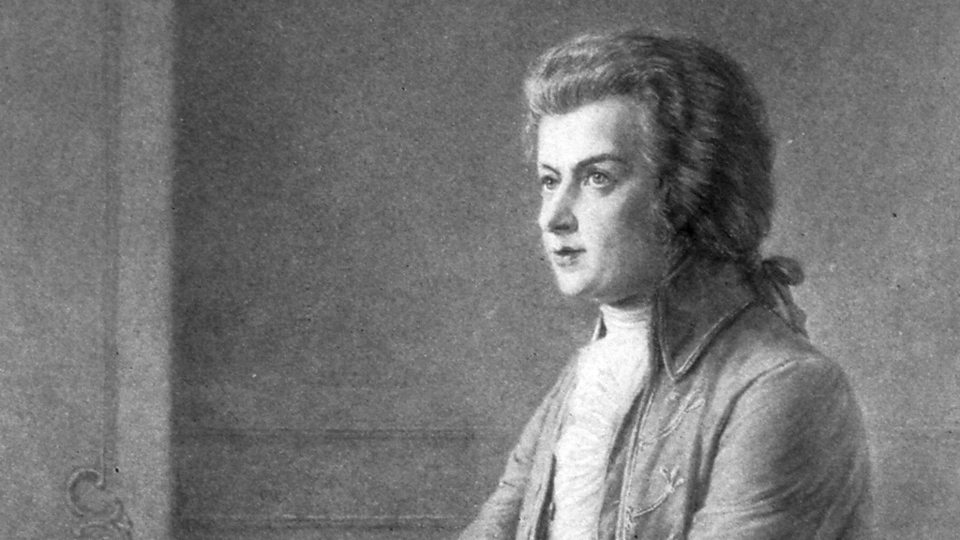
PHOTO: BBC.co.uk
Even though Mozart won a lot of money for his operas and concertos, he often struggled financially. He had horrible spending habits, loving to spend frivolously on ridiculous and expensive items. It just goes to show that no matter how successful you are, you can still struggle with money.
8. Mozart Had an Incredible Ear and Perfect Pitch
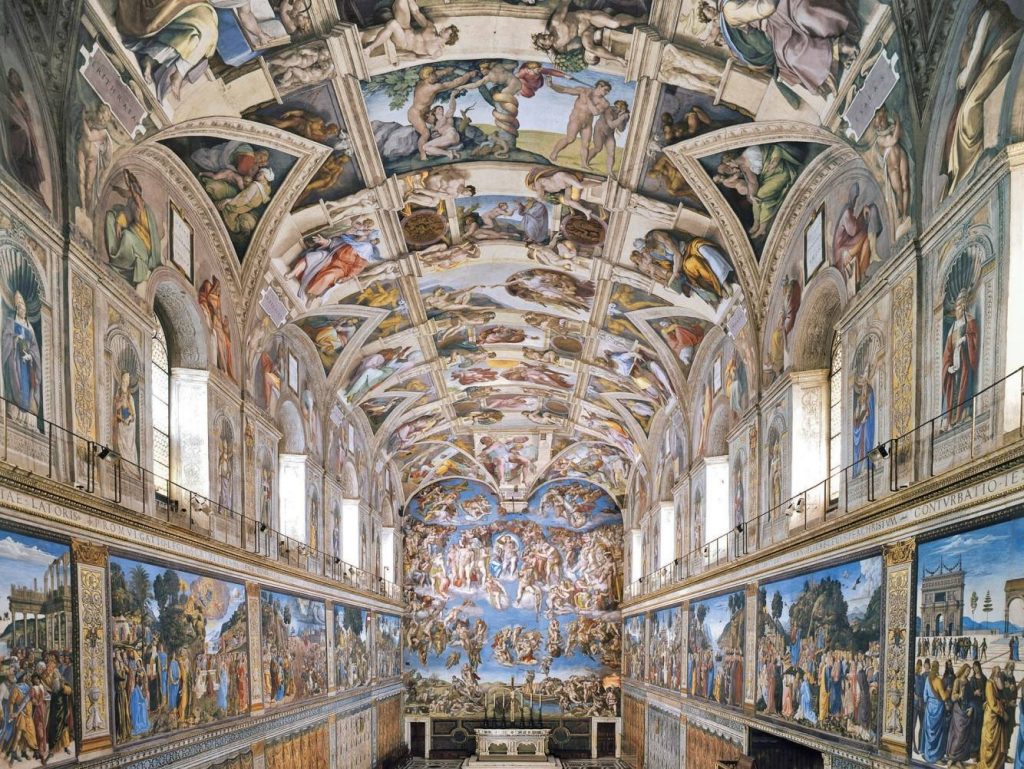
PHOTO: Lux Review
Mozart was famous for his perfect pitch and amazing ear for music that allowed him to reproduce music he’d heard. Once, he visited the Vatican and heard Gregorio Allegri’s Miserere performed in the Sistine Chapel. After hearing it just once, Mozart was able to rewrite the entire musical score from memory.
9. Mozart Was a Freemason
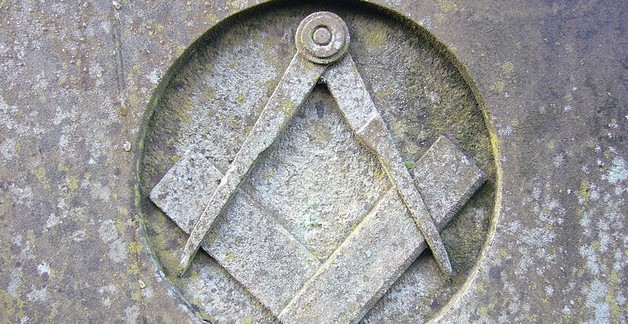
PHOTO: returnofkings.com
In 1784, Mozart joined the Freemasons. He was involved in in Masonry for the last seven years of his life. He joined up with a more rational, Enlightenment-based faction of the Freemasons, rather than the more mystical-focused faction. His opera, The Magic Flute contained masonic symbolism.
10. Mozart’s Cause of Death is Unknown
On December 5th, 1791, Wolfgang Amadeus Mozart succumbed to illness. Researchers have posed at least 118 different causes of death. The most popular causes cited are flu, kidney failure, and mercury poisoning. He was buried in an unmarked grave in Vienna, which was common at the time.


